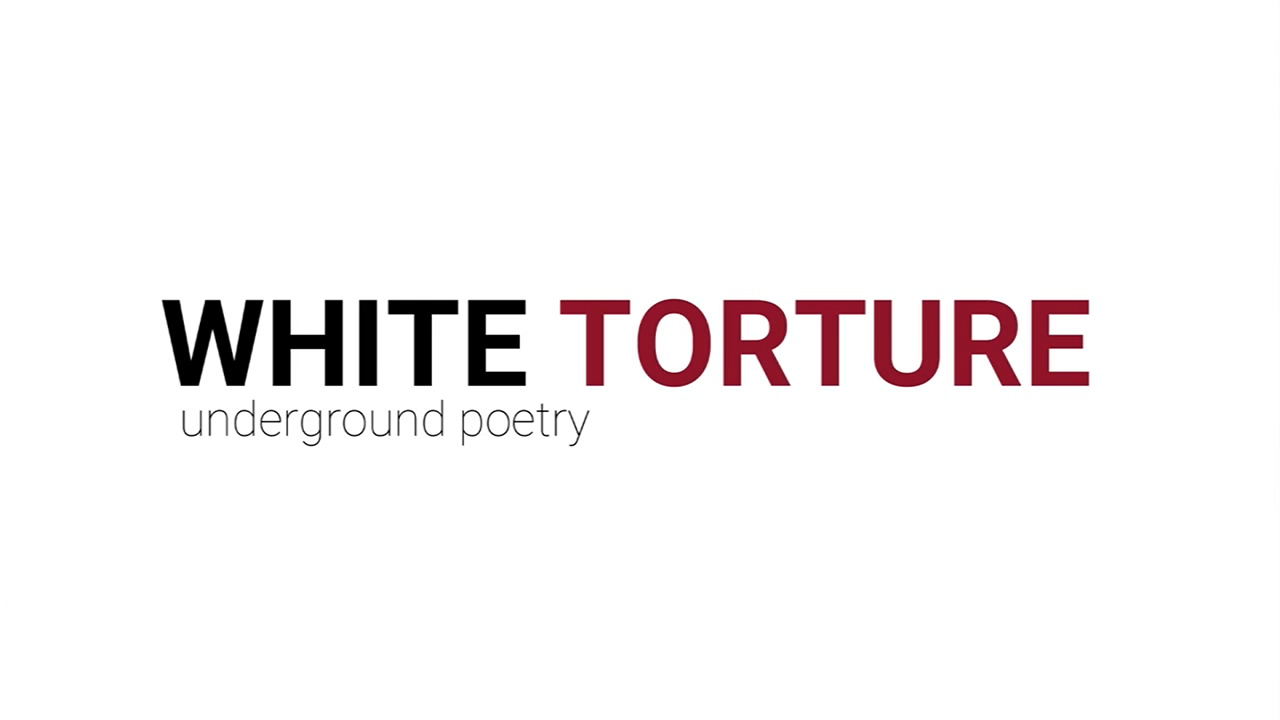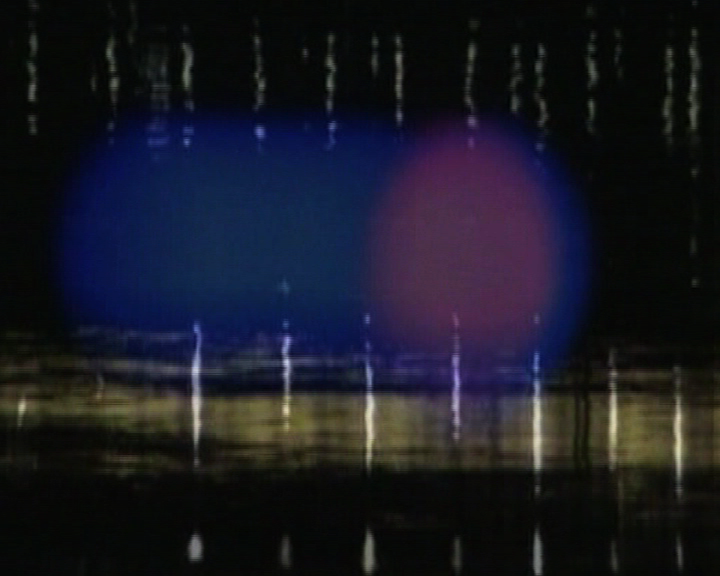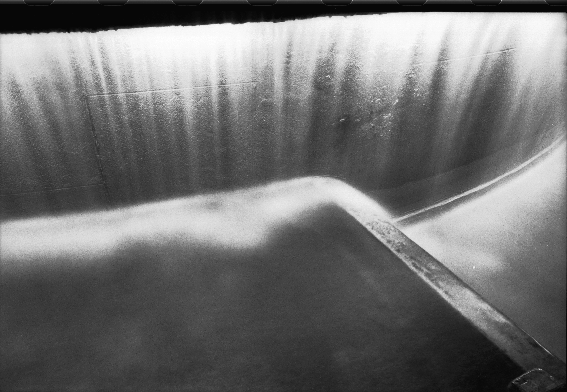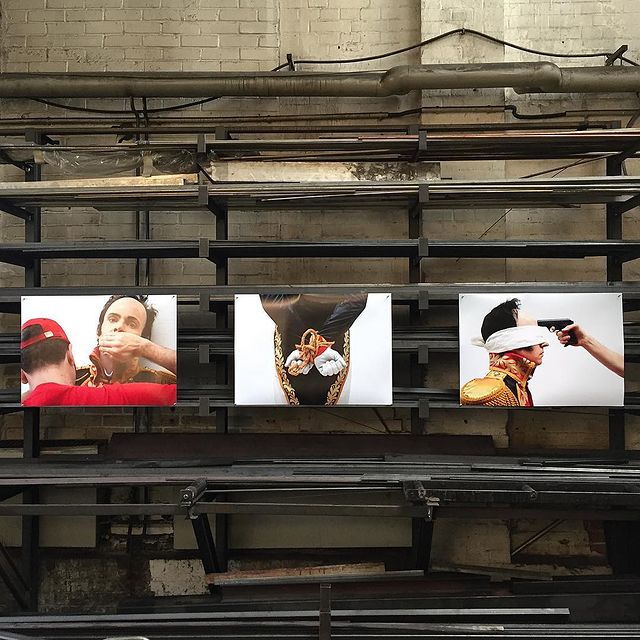KuZo (Zoltan Kunckel) – White Torture – Underground poetry
Duration: 37’48” minutes
Direction: Zoltan Kunckel & Lorent Gomez Saleh
Cast: Lorent Gomez Saleh
2019-2021
White Torture – Underground Poetry is an audiovisual poetic intervention that germinates and sprouts from the white torture and cellular isolation suffered by men and women around the world for defending human rights and freedom of conscience.
In 2014, Lorent Saleh was arrested after being illegally extradited from Colombia. He spent four years, two months and seven days in prison, of which he spent more than two years five floors underground in isolation in “La Tumba” (The Tomb), the Venezuelan secret service prison in Caracas. In a white cell, exposed to white light 24/7, in loneliness and complete silence, he would lose awareness of time and space. As his court hearing was postponed more than 40 times, Lorent never stood in front of a judge. The UN High Commissioner for Human Rights deemed his arrest and detention arbitrary and unlawful, and the Inter-American Commission on Human Rights protested against his prison conditions. Lorent was eventually released in October, 2018 and was forced to exile in Spain, where he continues to live today.
White torture is a sinister type of psychological abuse, leaving no traces of blood, but destroying the minds and souls of the prisoners. The film, White Torture – Underground Poetry, takes us into the intimate soliloquy of a political prisoner in isolation who faces invisible torturers. Through video, sound and the poetry Lorent wrote during his confinement, the viewer is subjected to experience the suffering of political prisoners around the world.
White Torture – Underground Poetry is composed of actual archival documentary footage and coverage, and is accompanied by material that was recorded live during Lorent’s first one-man ‘performance’ of White Torture – Underground Poetry on February 18, 2020 in ‘Garage -1’ at the EP Spinelli Building located at the EU Parliament in Brussels; a location chosen to echo the atmosphere of the ‘modern torture center.’ As a fighter for human rights, a poet, and as a human being, Lorent’s voice yearns to be understood, as he copes to survive an unfathomable situation.




